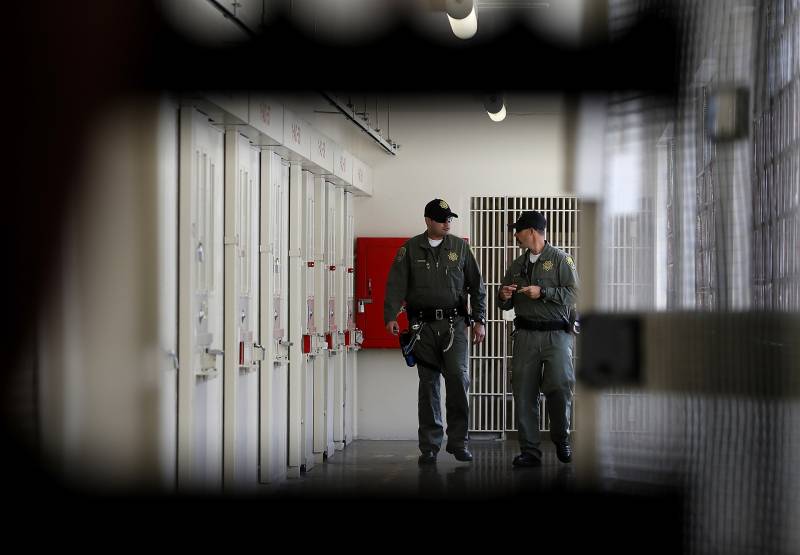In his ruling Friday, Arguelles said that CDCR must release all responsive records by 2027 and 40 of KQED’s top priority cases by August.
“CDCR appreciates the court’s acknowledgment of the Department’s efforts to work with KQED to prioritize cases and increase staffing to meet its obligations,” the agency’s press secretary Terri Hardy wrote in an email. “CDCR receives a large number of Public Records Act requests each year and remains committed to transparency and refining its process.”
So far, the prison agency has released complete records for around 300 use-of-force and misconduct cases that span 2014 through 2021, and partial records for about 80 cases involving officer discrimination.
Out of those records, KQED had produced a second season of its award-winning podcast On Our Watch. The first season was based on internal police records obtained under the Right to Know Act. The second season focuses on use of force at the state’s most violent prison, California State Prison-Sacramento, also known as New Folsom.
KQED found that this prison had three times the rate of serious use-of-force incidents — in which officers seriously injure or shoot at incarcerated people — of any other state prison. The final episode of the series, which traces the footsteps of two whistleblowers who died after reporting misconduct in the prison publishes today.
